The Houthis’ Media Machine Is Going Global
The group is exploiting sympathy for Palestine to spread its propaganda.
The Houthis have been around since the 1990s, but only over the past six months has the Yemeni rebel group become a household name in the West. After Hamas’s Oct. 7, 2023, attack on Israel and the start of the Israel-Hamas war, the Houthis—who are aligned with Hamas—began attacking Western-linked merchant ships in the Red Sea, disrupting global shipping and trade.
The Houthis have been around since the 1990s, but only over the past six months has the Yemeni rebel group become a household name in the West. After Hamas’s Oct. 7, 2023, attack on Israel and the start of the Israel-Hamas war, the Houthis—who are aligned with Hamas—began attacking Western-linked merchant ships in the Red Sea, disrupting global shipping and trade.
While Western governments back Israel, to varying degrees, the Houthis’ attacks have boosted their profile among anti-war activists in the Middle East and also around the world. In Yemen, the group calls million-man protests against Israel’s war on Gaza every Friday; in places as far away as London and New York, protesters chant in support of the rebels’ maritime attacks.
As the Israel-Hamas war enters its sixth month, the Houthis’ media machine has moved quickly to capitalize on the group’s newfound prominence. More than 32,000 Palestinians have died so far in the conflict, according to the Gaza Health Ministry, and the Houthis have clamored to portray themselves as being at the vanguard of the Palestinian cause—pledging to continue their attacks until Israel ends the war. “The group’s savvy media experts” are “depicting their attacks as a source of pride to the Arab populations,” said Fahmi Albaheth, an independent digital rights defender and tech expert.
Backed by Iran, the Houthis took the Yemeni capital of Sana’a in 2014, at the start of Yemen’s civil war. Saudi Arabia and the United Arab Emirates supported the internationally recognized Yemeni government that the Houthis had ousted. The two Gulf powers’ military campaign against the Houthis has precipitated one of the world’s worst humanitarian crises.
All the while, the Houthis expanded their domestic influence, in large part through social media and technology. But, until recently, their message hardly resonated beyond Yemen’s borders.
“Imitating Iranian discourse, the Houthis launched the slogan ‘Death to the U.S. Death to Israel. A curse upon the Jews’ when they first came to power in 2014,” said Abdul Aziz Al-Majidi, a political analyst and the founder of the independent Yemeni news website Alharf 28. “This slogan was disparaged and trivialized by Yemenis,” he said. At a time when the Houthis were a new force that most Yemenis regarded as criminal, Majidi said the public found the slogan “both peculiar and comic.”
All that changed last year. On Nov. 19, 2023, Houthi rebels captured the Israel-linked vessel Galaxy Leader. They announced the seizure with a gripping, high-quality video posted on a Houthi-owned TV channel that showed fighters making a dramatic landing on the container ship from a helicopter, brandishing their weapons and taking all 25 crew members hostage. After the broadcast, the video was picked up by social media users. “Be it graphics, videos, or audio messages,” the Houthis’ online messaging is “all produced and executed at a very high quality,” Albaheth said.
He pointed out that the rebels are producing more content in English to engage Western audiences, particularly on Gaza. Houthi officials have taken to posting official statements in English rather than Arabic to increase their reach. The Houthis’ efforts in this area reflect “how important social media channels are” to gaining global prominence, Albaheth said. After last fall’s attack, the group received messages of online support from users across Yemen, other Arab states, and Western countries.
But the Houthis aren’t stopping at their own official channels. Once they took the Galaxy Leader ashore to the Port of Salif, the rebels allowed friendly social media influencers to board the ship and post content they created there online. The vessel has now become a tourist attraction in Yemen. The crew remains in captivity, and the Houthis claim they are being treated in accordance with Islamic values.
Mustafa Al-Momri, a Yemeni influencer with more than 2.6 million YouTube subscribers, was among those allowed on the Galaxy Leader. One video he shared appeared to mock Jewish Orthodox men by showing Momri and other Yemenis on board dancing gawkily on the ship deck. The antisemitic trope garnered thousands of online reactions.
But the influencer who made the biggest news globally was Rashid Al-Haddad, an attractive 19-year-old Yemeni teenager who denies being a Houthi fighter. Haddad became an internet sensation after he boarded the ship and posted videos that yielded millions of views on his now-defunct TikTok account. (Haddad’s social media accounts have since been banned for spreading hate speech on Instagram and Facebook and for violating community guidelines on TikTok.) When the young man was praised by followers for his good looks and described as a “hot pirate”—even dubbed “Tim Houthi Chalamet” for his resemblance to the actor Timothée Chalamet—he urged his Western followers to focus on supporting Gaza rather than on his appearance.
This, Albaheth argued, reflects the Houthis’ core media strategy. They have gathered “regional support for defending Palestine, fully aware of the potential and significance of online propaganda at the time of conflict,” he said.
Media experts argue the group is capitalizing on many Arabs’ frustrations with their own leaders for failing to forcefully push for a cease-fire or an end to the war. “The insidious online propaganda of the Houthis capitalizes less on what they do, and more on what their opponents do not,” Majidi said. “Albeit diplomatically engaged in the conflict, the Arab states’ lax initiatives in the Gaza war boded well for the Houthis.”
Half a year of warfare between Israel and Hamas has yielded only small, symbolic peacemaking efforts from Arab states. Though Arab leaders risk domestic wrath by remaining impartial on the conflict, some states’ hands are tied by normalization deals with Israel that largely ignore Palestinians.
Egypt and Jordan, which maintain the most long-standing ties to Israel, have released strong statements warning against the expulsion of Palestinians from Gaza. The United Arab Emirates, which normalized relations with Israel in 2020, set up a field hospital in Gaza and sent humanitarian aid to the enclave. Saudi Arabia, which is reportedly pursuing a normalization deal, hosted a February summit to discuss reconstruction efforts in postwar Gaza.
Houthi leaders, by contrast, have been forthright in their support for Palestine. In a January speech, the former head of the Houthi supreme revolutionary committee said, “Yemenis’ stance toward Gaza is a heroic and humane one, which all Arabs and Muslim nations should adopt.”
In one recent tweet, senior Houthi official and spokesperson Mohammed Al-Bukhaiti—who has more than half a million followers on X—wrote, in English: “Stop the genocide in Gaza and we will stop our military operations against America, Britain and Israel. Isn’t this a just, moral and humane demand?” Online followers from across the world have praised the Houthis for siding with the Palestinians when the rest of the Arab world did not.
The “Houthis banked on the silence of Arab leaders during the war to present themselves as saviors,” Majidi said. They “have created an endless loop where every incident in the war in Gaza becomes an occasion to assemble, advertise, propagate, and appeal to people’s religious leanings to garner support.”
The Houthis keep a tight leash on all media outlets in Yemen. And they own three out of four mobile network providers in the country, allowing the group to mobilize millions each week to protest against Israel’s aggression via text message.
Anis Mansour, a writer at the independent news site Arabi21, fled Sana’a when the rebels took over the city in 2014. Now, from exile in Istanbul, he is expressing awe at the group’s targeting of Red Sea vessels. In March, he shared a meme on X of a swordfish saying, “Where are the ships, Houthis?”
For the Houthis, “linking [Red Sea] attacks to the support of Gaza is a reliable way to amass support,” said Maysaa Shuja Al-Deen, a senior researcher at the Sana’a Center for Strategic Studies think tank. That can be seen tangibly: The group’s ship seizures and social media campaigns have boosted its recruitment numbers, she said.
Shuja Al-Deen’s colleague Maged Al-Madhaji, the chairperson of the Sana’a think tank, argued that the new recruitment efforts have less to do with support for the Houthis and more with sympathy for Palestine. “[V]ast numbers of Yemenis are still not supportive of the group,” Madhaji said. “The Houthis are exploiting the current events to recruit more people and spread propaganda.”
This piece is published in collaboration with Egab, a group that works with journalists across the Middle East and Africa.
Rashid Mohsen is an independent Yemeni journalist based in Sana’a who covers political affairs for international outlets. He wrote under a pseudonym to protect his safety.
More from Foreign Policy
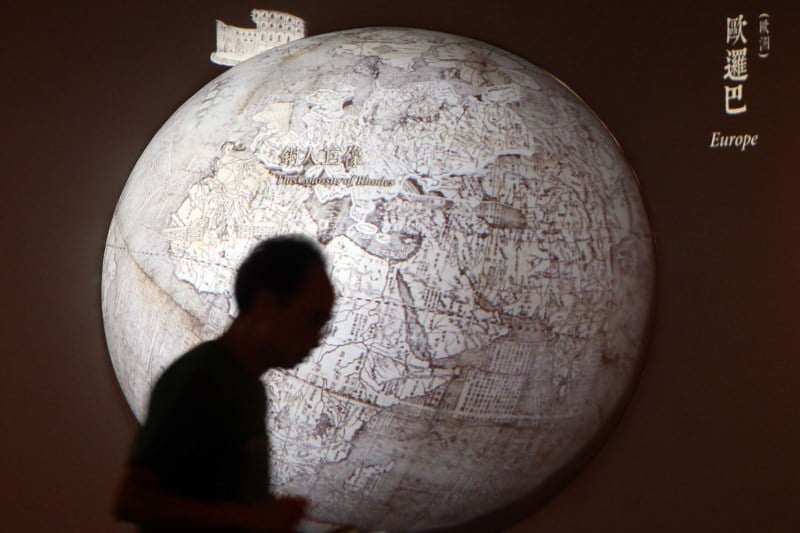
China Is Selectively Bending History to Suit Its Territorial Ambitions
Beijing’s unwillingness to let go of certain claims suggests there’s more at stake than reversing past losses.
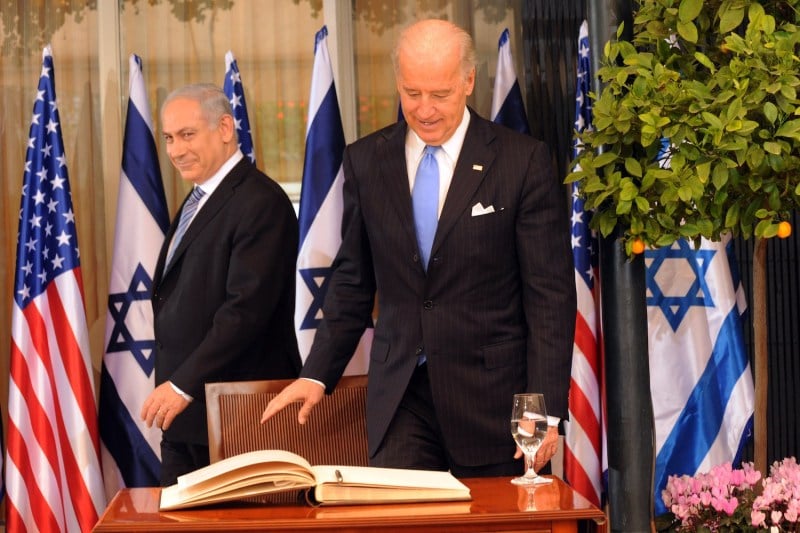
The United States Has Less Leverage Over Israel Than You Think
A close look at the foundations of U.S. influence—and the lack of it.
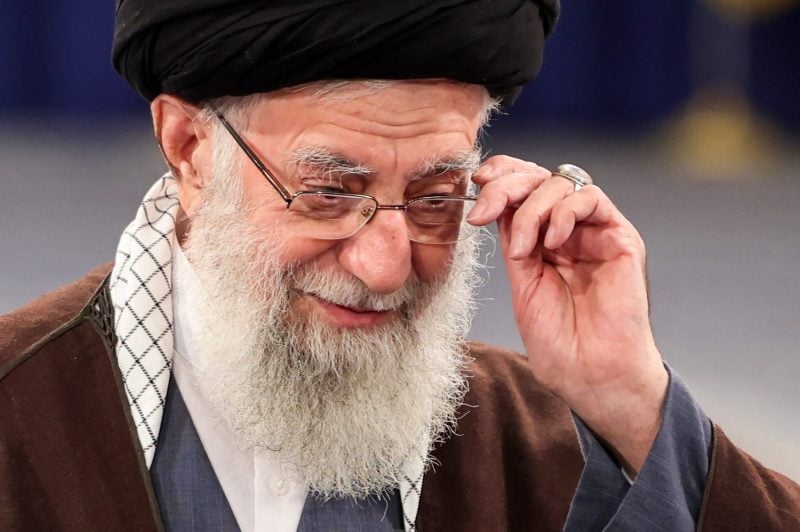
Khamenei’s Strategy to Dominate the Middle East Will Outlive Him
Iran’s aging supreme leader is ensuring that any successor will stay the course.
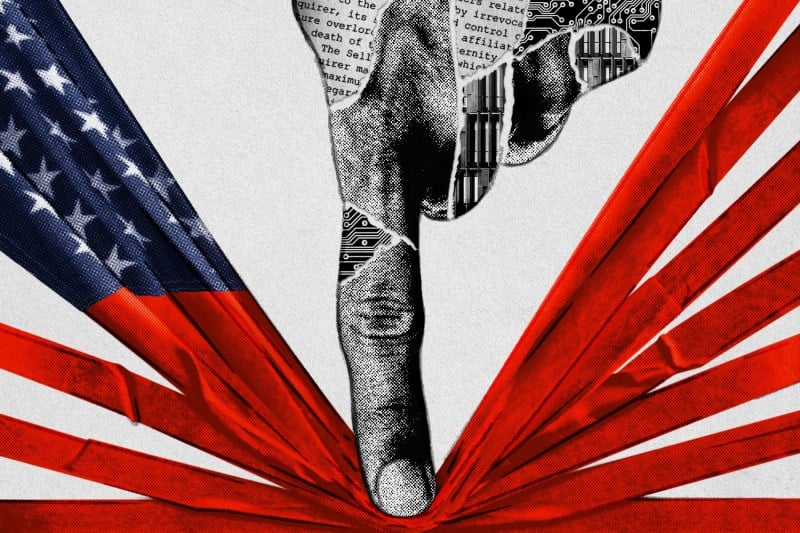
America Has a Resilience Problem
The chair of the Federal Trade Commission makes the case for competition in an increasingly consolidated world.
This post was originally published on this site be sure to check out more of their content





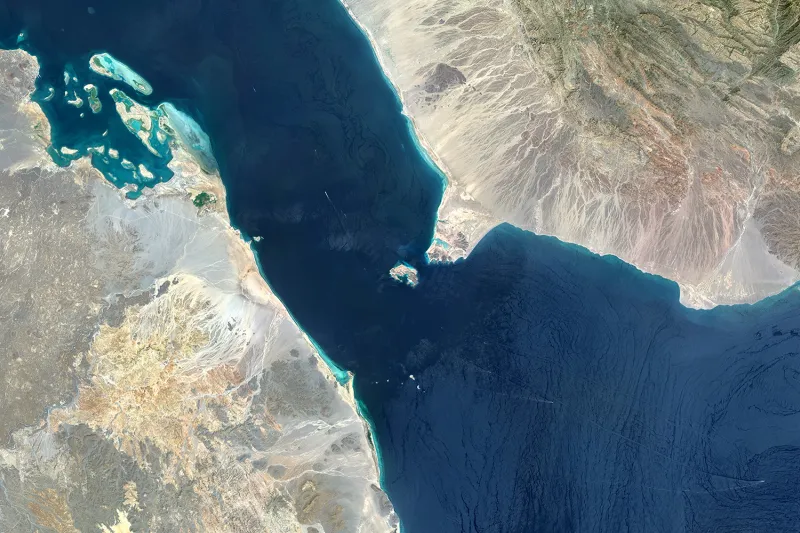
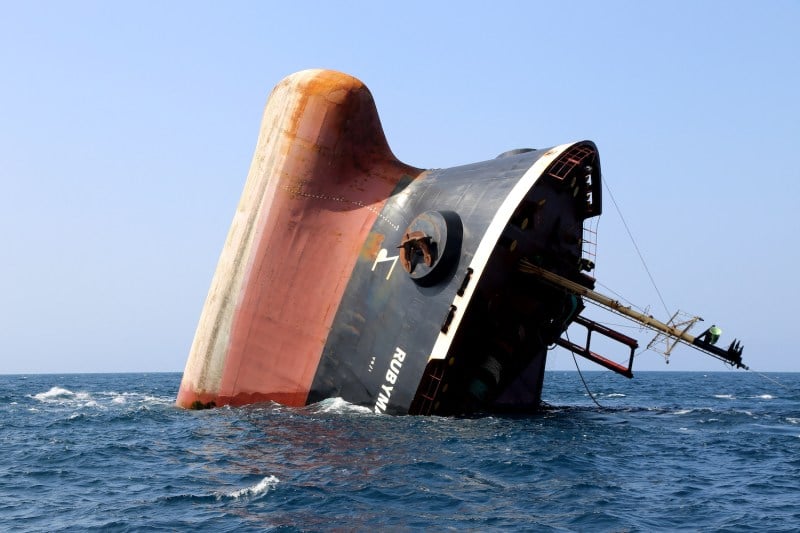



Join the Conversation
Commenting on this and other recent articles is just one benefit of a Foreign Policy subscription.
Already a subscriber?
.
Subscribe
Subscribe
View Comments
Join the Conversation
Join the conversation on this and other recent Foreign Policy articles when you subscribe now.
Subscribe
Subscribe
Not your account?
View Comments
Join the Conversation
Please follow our comment guidelines, stay on topic, and be civil, courteous, and respectful of others’ beliefs.
Change your username |
Log out